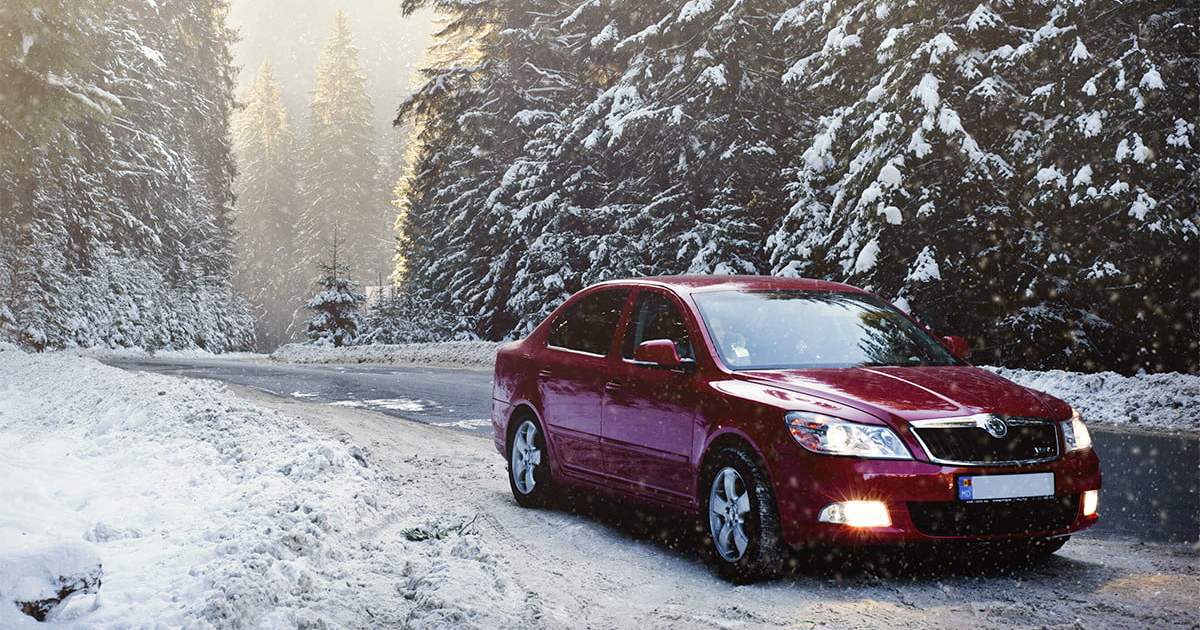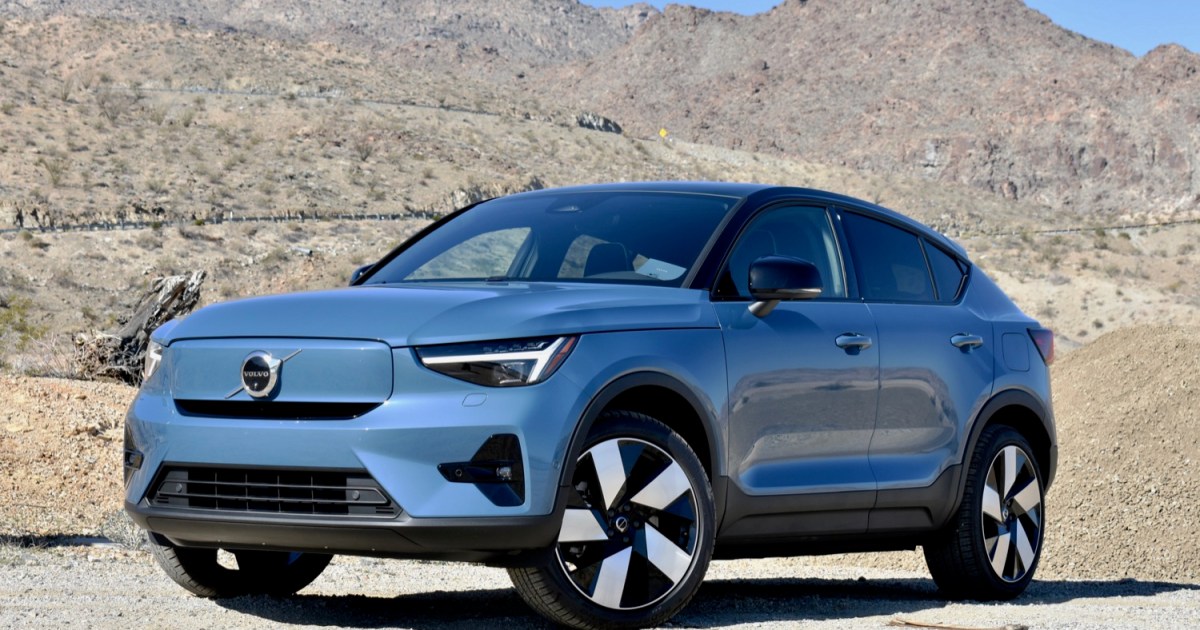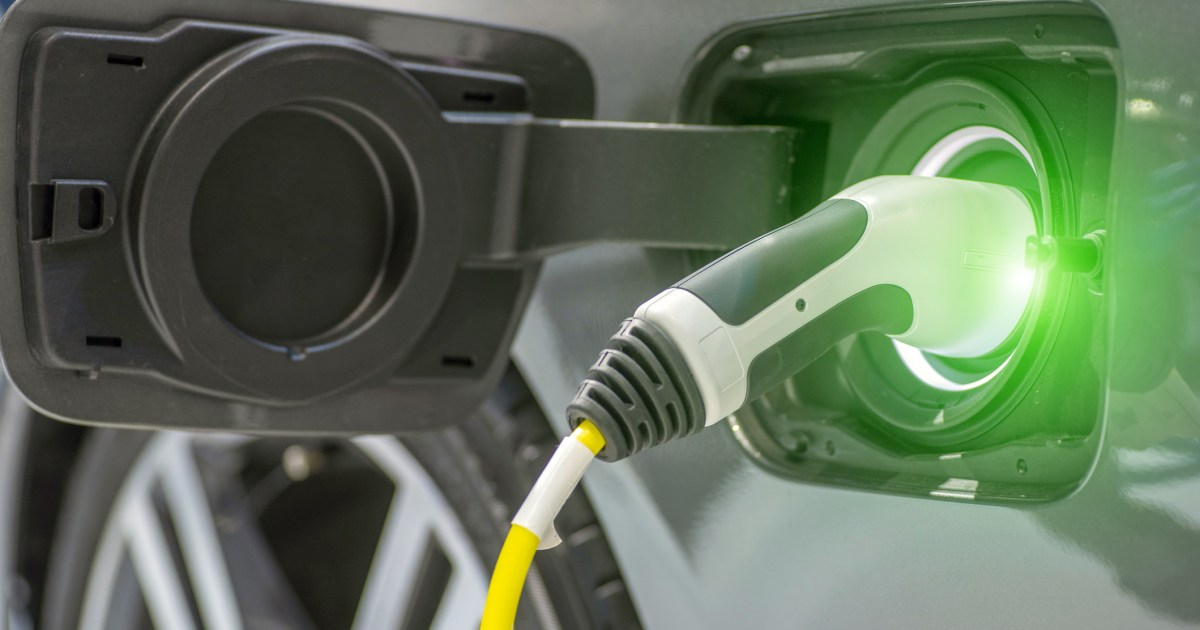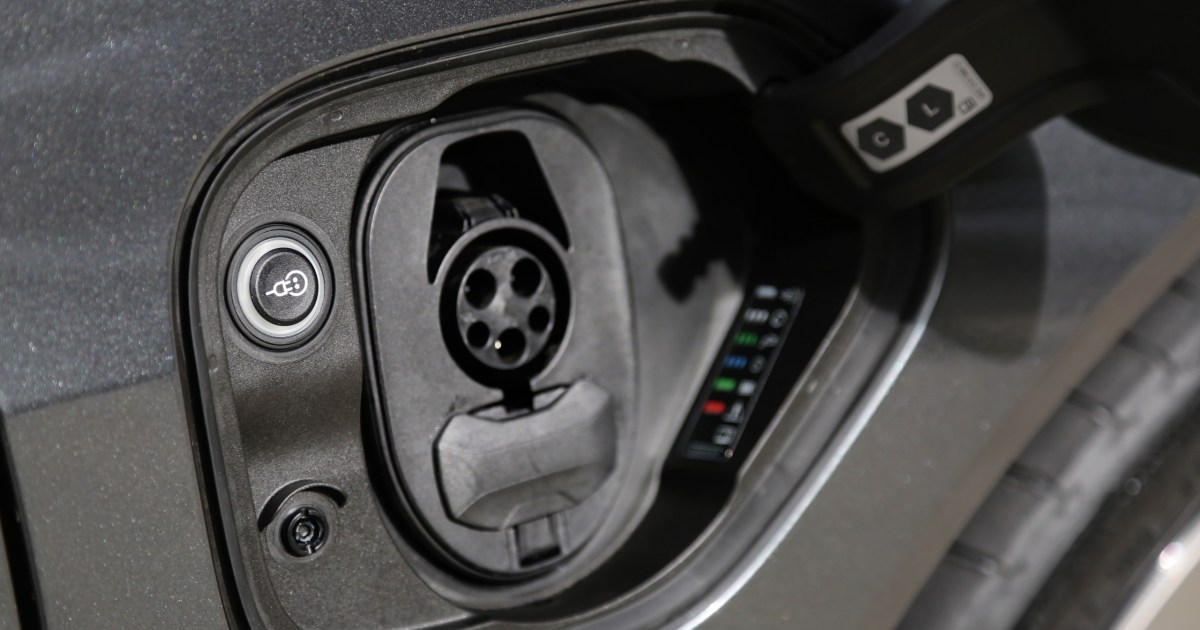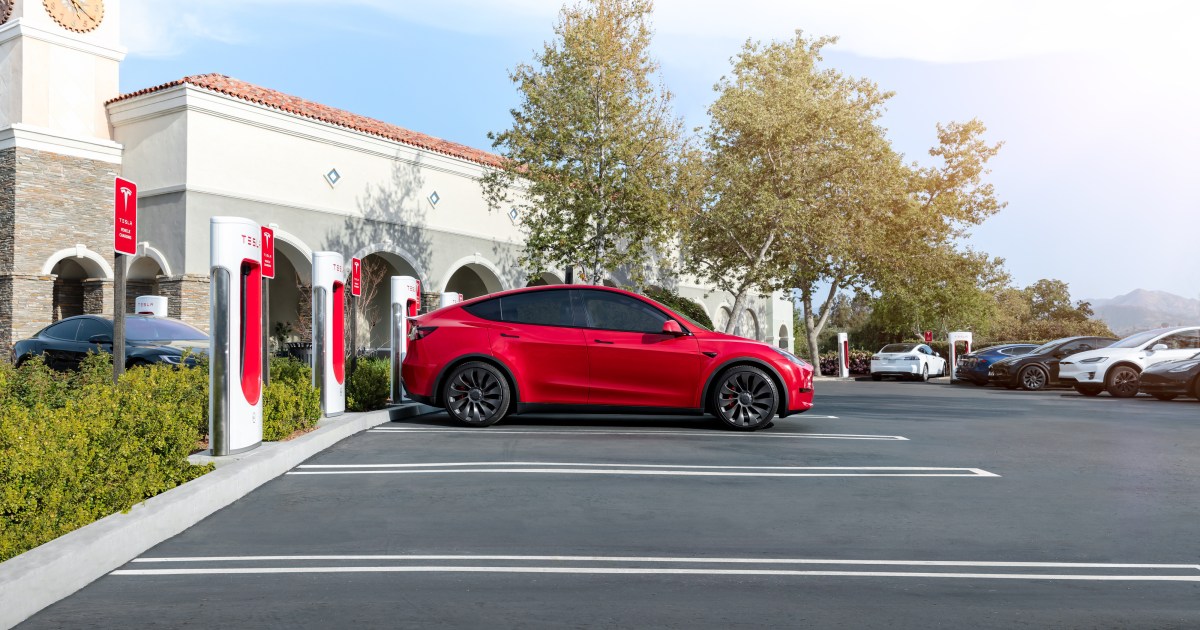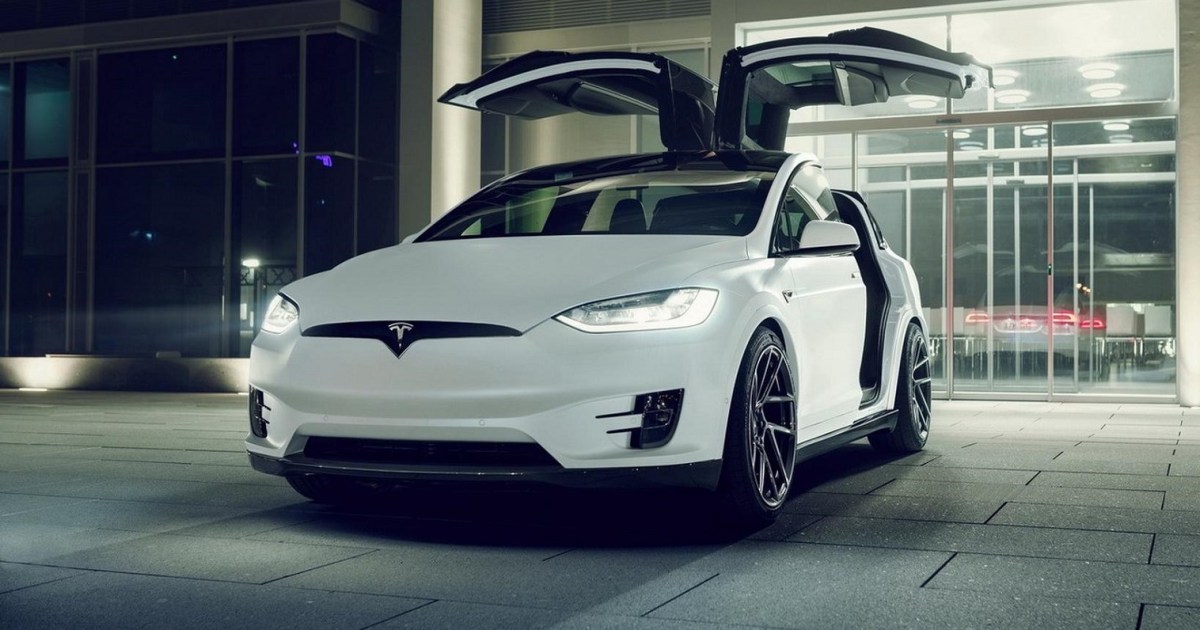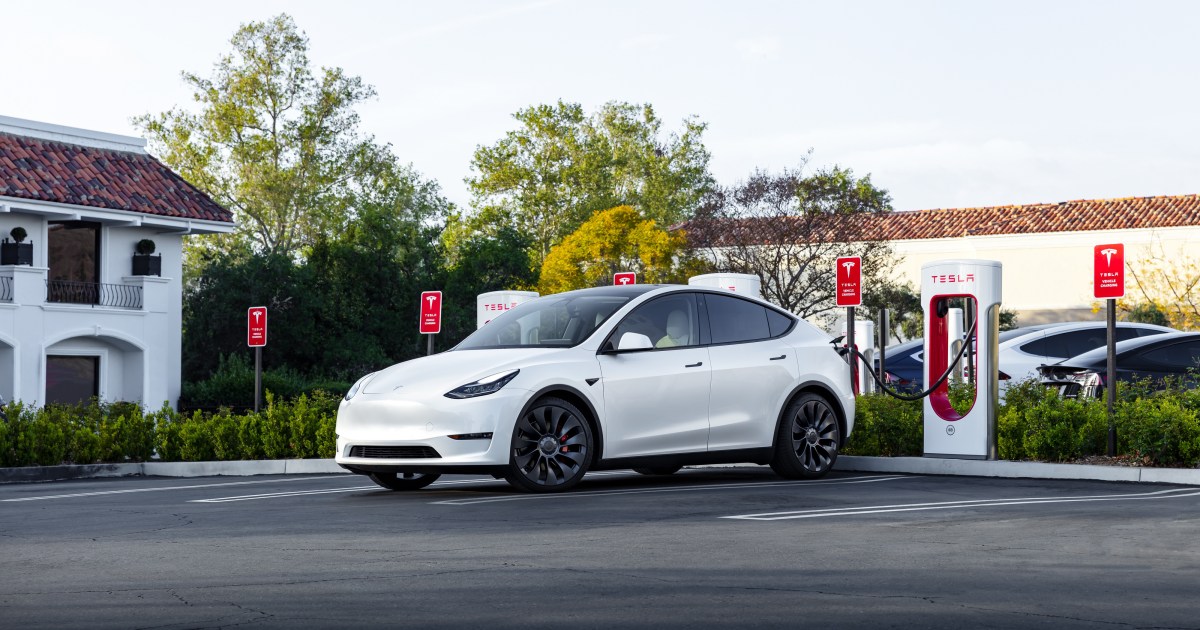Electric vehicles (EVs) are becoming increasingly popular, but concerns remain about how their batteries perform in extreme climates. Does cold weather really cripple EV batteries, and is heat even worse? Let’s explore the science behind how temperature affects EV battery life and range.
Cold Weather’s Effect on EV Batteries
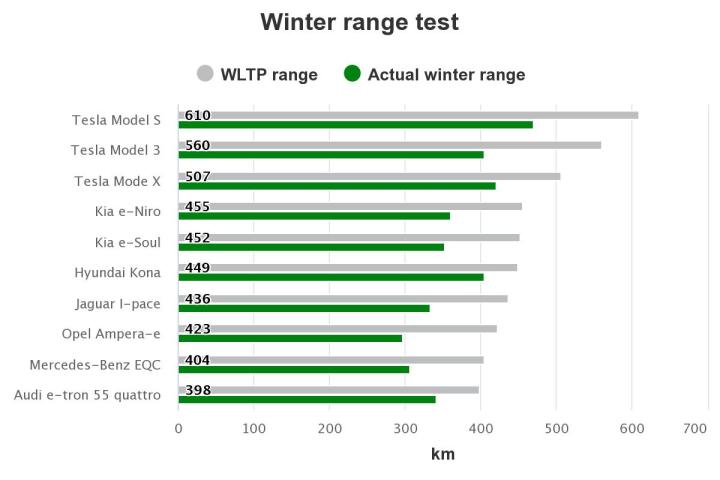 alt text: A graph comparing the rated range of EVs to their actual range in winter conditions, showing a significant decrease in performance.
alt text: A graph comparing the rated range of EVs to their actual range in winter conditions, showing a significant decrease in performance.
A Norwegian Automobile Federation (NAF) study of 20 popular EV models revealed that cold temperatures reduce their range by an average of 18.5% compared to their rated range. This range reduction stems from several factors.
While cold temperatures generally improve electrical conductivity in materials like copper, EV batteries face a different challenge. The increased electrical resistance in cold weather isn’t the primary culprit. The real issue lies in the increased energy demands from auxiliary systems, particularly cabin heating. AAA estimates that factoring in cabin heating can decrease EV range by a staggering 41%.
Beyond the energy drain of heating, cold temperatures negatively impact battery chemistry. The liquid electrolyte within the battery becomes more viscous and can even freeze, increasing resistance and hindering performance. This increased resistance makes it difficult for lithium ions to intercalate into the graphite anode during charging. Instead, they plate on the graphite’s surface, forming dendrites.
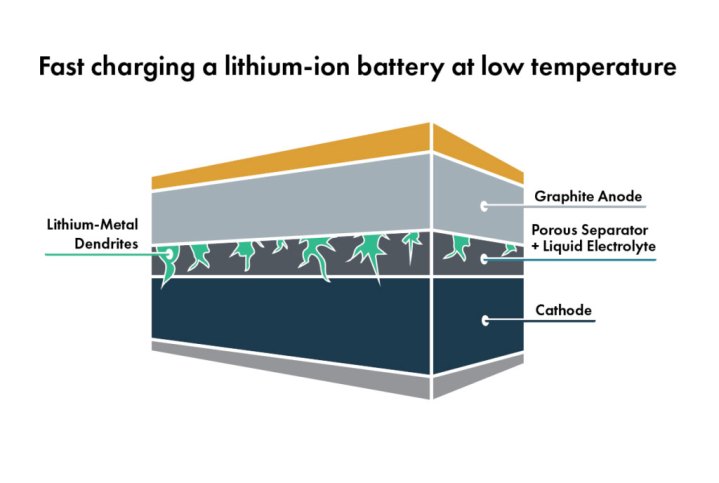 alt text: A diagram illustrating the formation of dendrites on the anode of a lithium-ion battery, highlighting how these structures can negatively impact battery performance and lifespan.
alt text: A diagram illustrating the formation of dendrites on the anode of a lithium-ion battery, highlighting how these structures can negatively impact battery performance and lifespan.
These dendrites reduce battery capacity over time and, if they grow large enough to pierce the separator between the anode and cathode, can cause a short circuit, rendering the battery unusable. While thermal management systems in EV battery packs help regulate temperature and mitigate dendrite growth, the energy required to heat the battery can offset some of the potential range gains from improved conductivity.
The Impact of Heat on EV Batteries
While cold weather presents challenges, extreme heat is arguably even more detrimental to EV batteries. High temperatures accelerate chemical reactions within the battery, producing gas and byproducts that degrade its charging capacity. This gas can expand and potentially rupture the battery cell casing, leading to what’s sometimes referred to as “spicy pillows” – bloated batteries nearing failure. In extreme cases, this can even lead to explosions, although sophisticated battery management systems in EVs typically provide ample warning before such a scenario.
The Future of EV Batteries in Extreme Climates
The development of solid-state batteries offers potential solutions to some of these temperature-related issues. By eliminating the liquid electrolyte, solid-state batteries are less susceptible to the viscosity changes and freezing that plague conventional lithium-ion batteries in cold weather. However, dendrite formation remains a concern, and solid-state batteries still require elevated temperatures for optimal performance.
Conclusion
Despite the challenges posed by extreme temperatures, EV range has significantly improved in recent years. Even with reduced range in winter, most EVs can still handle daily urban driving. For those concerned about range anxiety in extreme cold, hybrid vehicles offer a gasoline backup option. As battery technology continues to evolve, we can expect further improvements in EV performance and resilience in all weather conditions.



